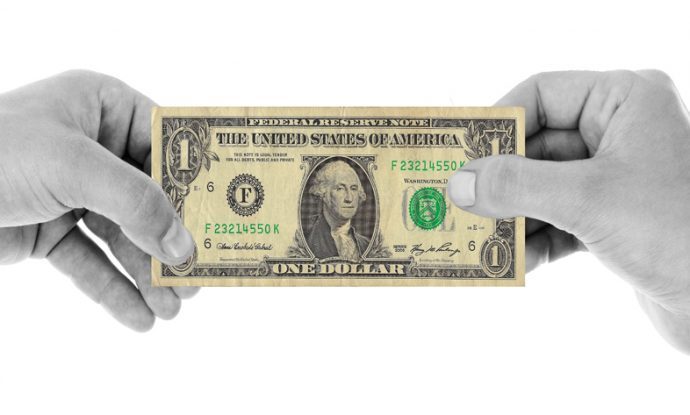
Home » Medical bills to be excluded from credit reports under new federal rule
Medical bills to be excluded from credit reports under new federal rule

January 8, 2025
The estimated $49 billion in medical debt of 15 million Americans will no longer be permitted as part of credit reporting following the finalization of a new federal rule.
The Consumer Financial Protection Bureau’s (CPFB) new rule also prohibits lenders from using medical information in their lending decisions, will increase privacy protections and prevent debt collectors from using the credit reporting system to coerce people to pay bills they don’t owe, officials said in a release.
“People who get sick shouldn’t have their financial future upended,” said bureau Director Rohit Chopra in a statement. “The CFPB’s final rule will close a special carveout that has allowed debt collectors to abuse the credit reporting system to coerce people into paying medical bills they may not even owe.”
The CFPB’s action follows changes made by the three nationwide credit reporting conglomerates – Equifax, Experian and TransUnion – which previously said they would take certain types of medical debt off credit reports, including collections under $500, after federal officials raised concerns about medical debt credit reporting in early 2022. Additionally, FICO and VantageScore, the two major credit scoring companies, announced they decreased the degree to which medical bills impact a consumer’s score.
Bureau officials said research indicates that medical bills on credit reports are a poor predictor of whether consumers will repay a loan and contribute to thousands of denied applications on mortgages that would be able to be repaid.
The rule is anticipated to lead to the approval of about 22,000 additional, affordable mortgages every year and that Americans with medical debt on their credit reports could see their credit scores rise by an average of 20 points.
Latest News Health Care
KEYWORDS January 2025
Related Articles
Related Products





